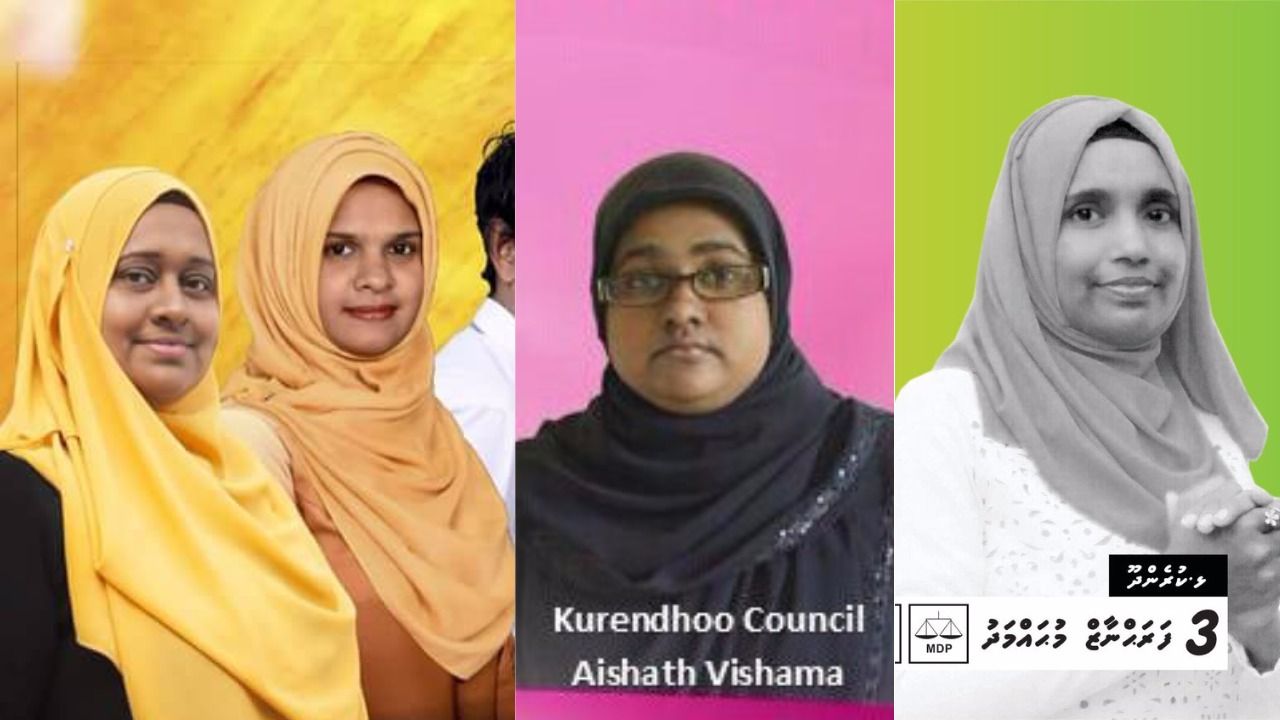Female candidates win majorities on four island councils
Female candidates won majorities on island councils for the first time in the Maldives’ third municipal elections on May 6.

14 May 2017, 09:00
Female candidates won majorities on island councils for the first time in the Maldives’ third municipal elections on May 6.
Voters on the islands of Thakandhoo and Kelaa in Haa Alif atoll, as well as Kurendhoo in Lhaviyani atoll and Thoddoo in Alif Alif atoll, made history by electing more women than men to their three-member island councils.
In the northernmost atoll, Aminath Ismail from the main opposition Maldivian Democratic Party and Aishath Mizna from the ruling Progressive Party of Maldives were elected to the Kelaa island council.
MDP candidates Aishath Asifa and Fathmath Fazeeha won seats on the Thakandhoo island council.
Become a member
Get full access to our archive and personalise your experience.
Already a member?
Discussion
No comments yet. Be the first to share your thoughts!
No comments yet. Be the first to join the conversation!
Join the Conversation
Sign in to share your thoughts under an alias and take part in the discussion. Independent journalism thrives on open, respectful debate — your voice matters.




